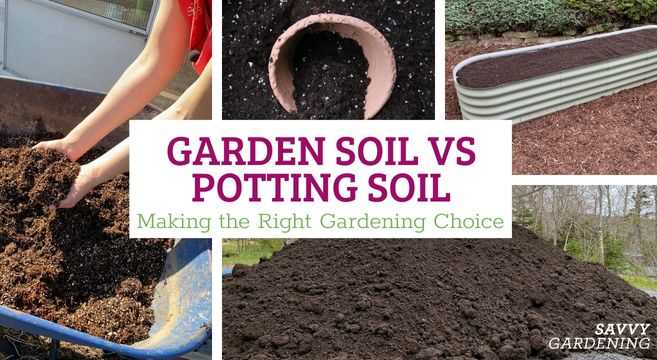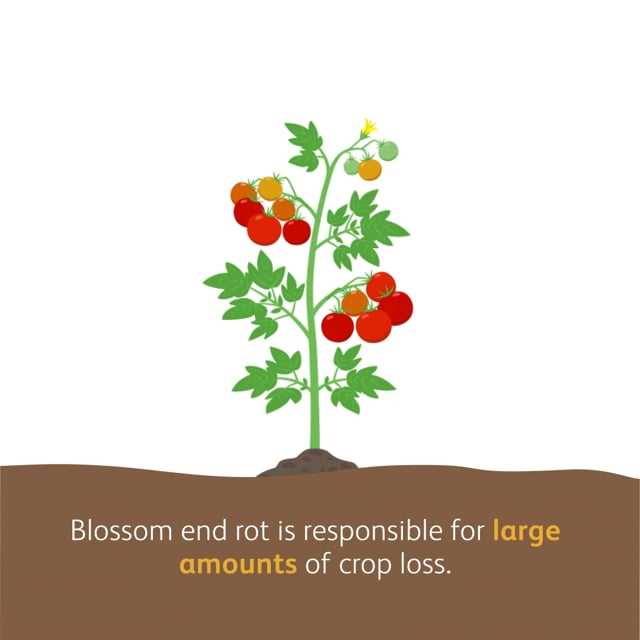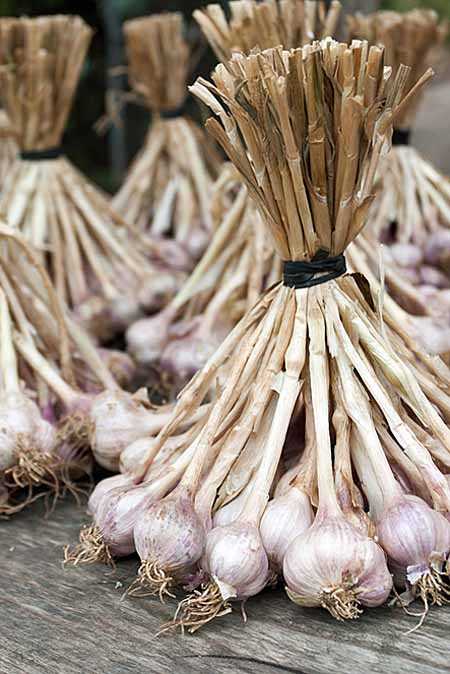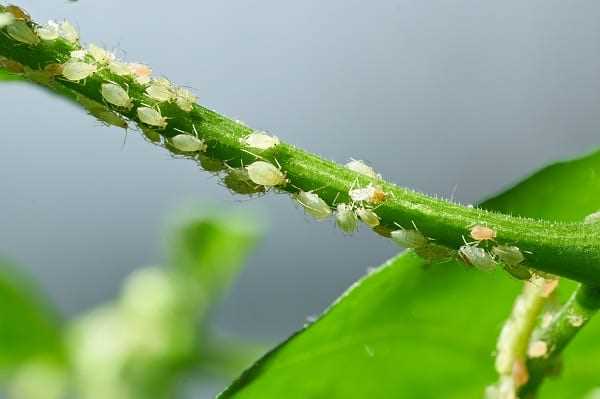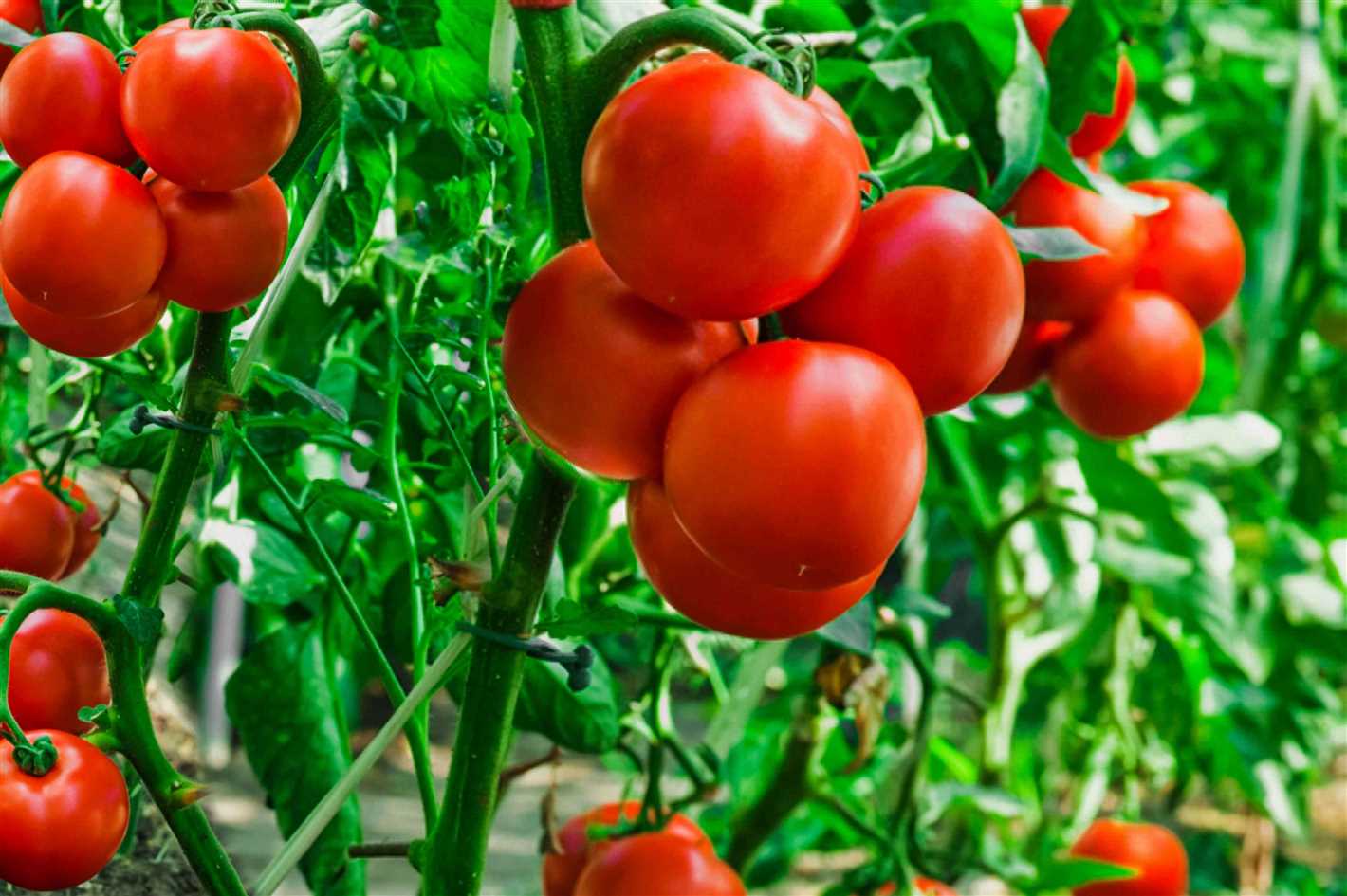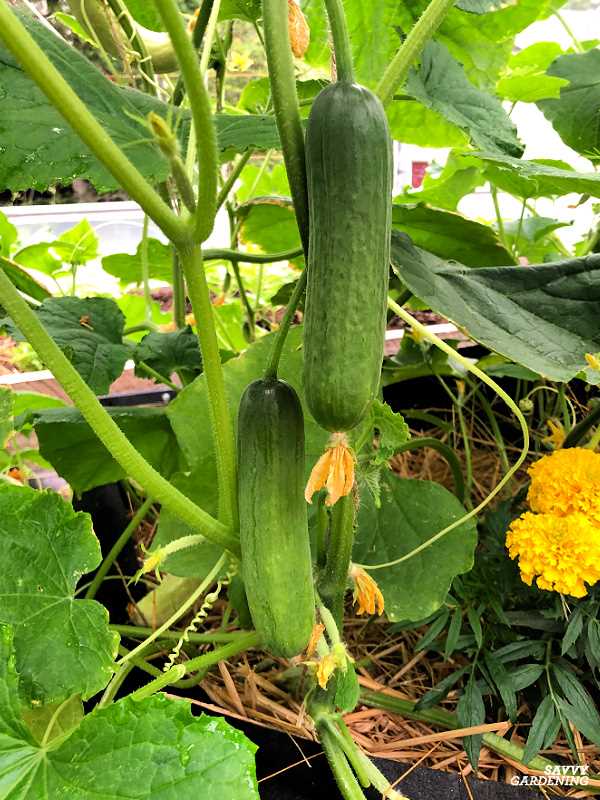- Advantages of Using Boric Acid as Plant Fertilizer
- 1. Essential Nutrient
- 2. Improved Flowering and Fruit Set
- 3. Disease Resistance
- 4. Nutrient Mobility
- 5. Cost-Effective
- Improves Plant Growth
- Enhances Nutrient Uptake
- Boosts Overall Plant Health
- Increases Flowering and Fruit Production
- Reduces Soil Acidity
- Controls Pest Infestation
- Minimizes Environmental Impact
- Cost-effective Solution
- “Question-Answer”
- What is boric acid?
- How does boric acid work as a plant fertilizer?
- What are the benefits of using boric acid as a plant fertilizer?
- Is boric acid safe to use as a plant fertilizer?
- Can boric acid be used on all types of plants?
- Can boric acid replace other fertilizers?
- Where can I buy boric acid for use as a plant fertilizer?
- “Video” How To Kill Cockroaches With Boric Acid and Sugar
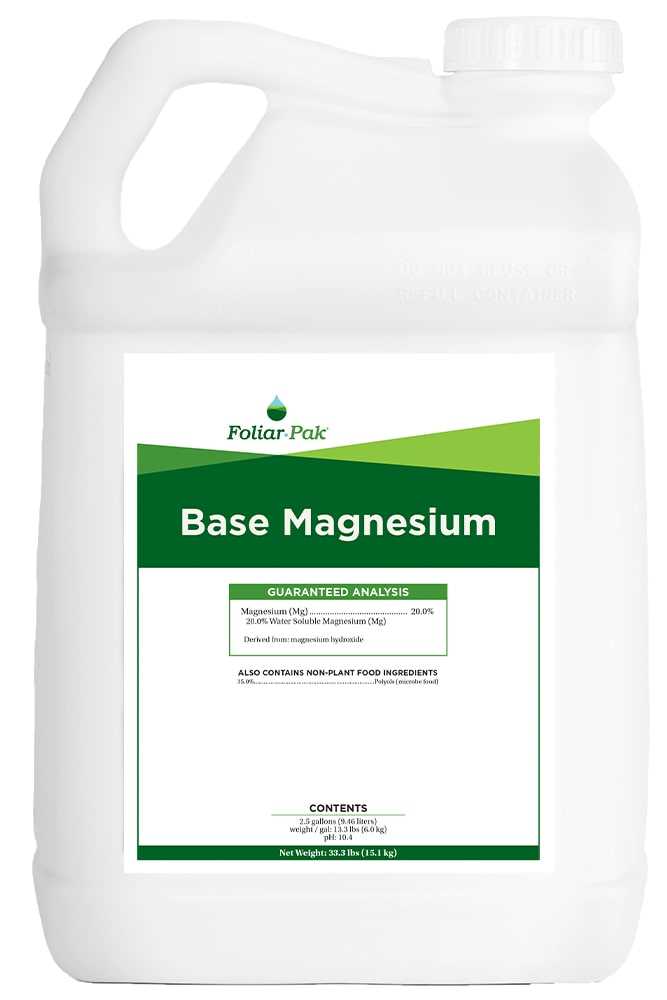
Boric acid, also known as boracic acid, is a naturally occurring compound that has numerous benefits when used as a plant fertiliser. It is derived from boron, a trace element that is essential for the growth and development of plants. Boric acid can be used to improve soil fertility, promote plant health, and increase crop yields.
One of the key benefits of using boric acid as a plant fertiliser is its ability to improve soil fertility. Boron is a micronutrient that plays a crucial role in the optimal functioning of plants. It helps in the uptake and transport of essential nutrients, regulates cell division and growth, aids in the synthesis of proteins and carbohydrates, and improves the overall metabolism of plants. By adding boric acid to the soil, gardeners and farmers can ensure that their plants have access to an adequate supply of boron, which in turn promotes healthy and vigorous growth.
In addition to improving soil fertility, boric acid also has direct benefits for plant health. It helps to strengthen cell walls, making plants more resistant to diseases, pests, and environmental stresses. It enhances the ability of plants to absorb water and nutrients, resulting in improved water and nutrient efficiency. By strengthening their root systems, boric acid enables plants to better withstand adverse conditions such as drought and high temperatures. Overall, the use of boric acid as a plant fertiliser can lead to healthier and more resilient plants.
Another advantage of using boric acid as a plant fertiliser is its positive effect on crop yields. Studies have shown that boron deficiency can significantly reduce crop productivity. By ensuring that plants have access to an adequate supply of boron through the application of boric acid, farmers can increase the quantity and quality of their harvest. This is particularly important for crops that have a high boron demand, such as fruits, vegetables, and legumes. By using boric acid as a plant fertiliser, farmers can maximise their crop yields and improve their overall farm profitability.
Advantages of Using Boric Acid as Plant Fertilizer
Boric acid, also known as hydrogen borate, is a white powdery substance that is commonly used in various fields, including agriculture. When used as a plant fertilizer, boric acid offers several advantages that can significantly benefit plant health and growth.
1. Essential Nutrient
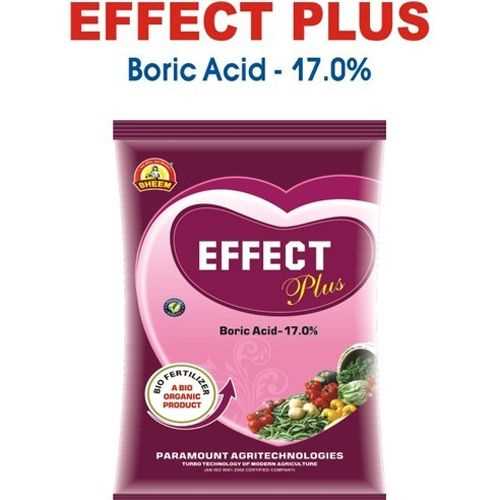
Boron is an essential micronutrient for plant growth and development. It plays a vital role in various physiological processes, including cell wall formation, pollen germination, nutrient uptake, and carbohydrate metabolism. By providing plants with boric acid, you can ensure that they have an adequate supply of boron, which is necessary for their overall health and productivity.
2. Improved Flowering and Fruit Set
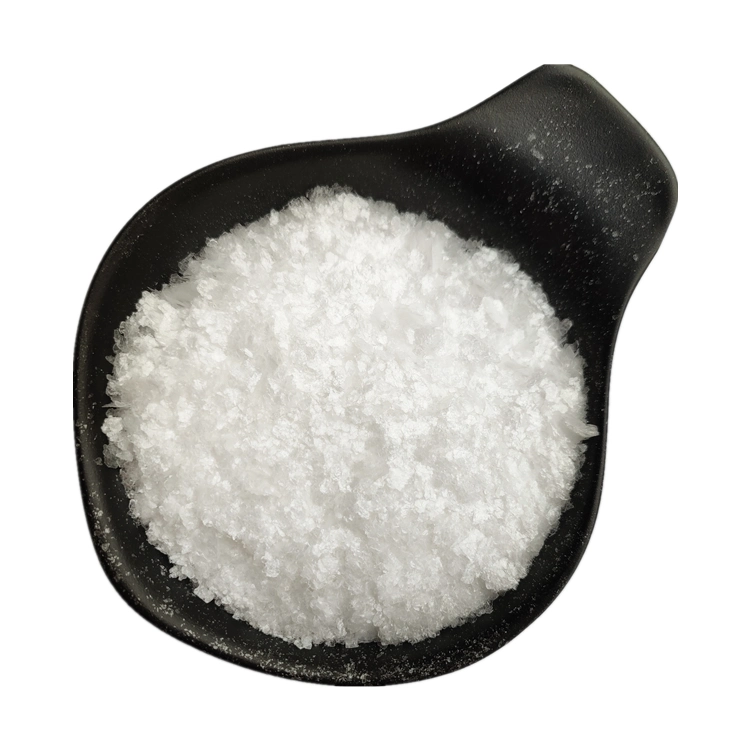
Applying boric acid as a plant fertilizer can enhance flowering and promote better fruit set. Boron helps in the formation of plant hormones responsible for flower initiation and development. It also aids in pollen tube development, which is crucial for successful fertilization and fruit formation. By supplying plants with boric acid, you can improve the likelihood of abundant flowers and fruit production.
3. Disease Resistance
One of the significant advantages of using boric acid as a plant fertilizer is its ability to enhance disease resistance in plants. Boron helps in the formation of lignin, a compound that strengthens cell walls and acts as a physical defense against pathogens. By ensuring that plants have sufficient boron through boric acid application, you can help them fight off diseases more effectively.
4. Nutrient Mobility
Boric acid has excellent mobility within plants, allowing it to move rapidly from older to younger tissues. This mobility ensures that boron is distributed evenly throughout the plant, even in areas experiencing rapid growth. With boric acid as a fertilizer, plants can efficiently utilize the nutrient, resulting in optimal growth and development.
5. Cost-Effective
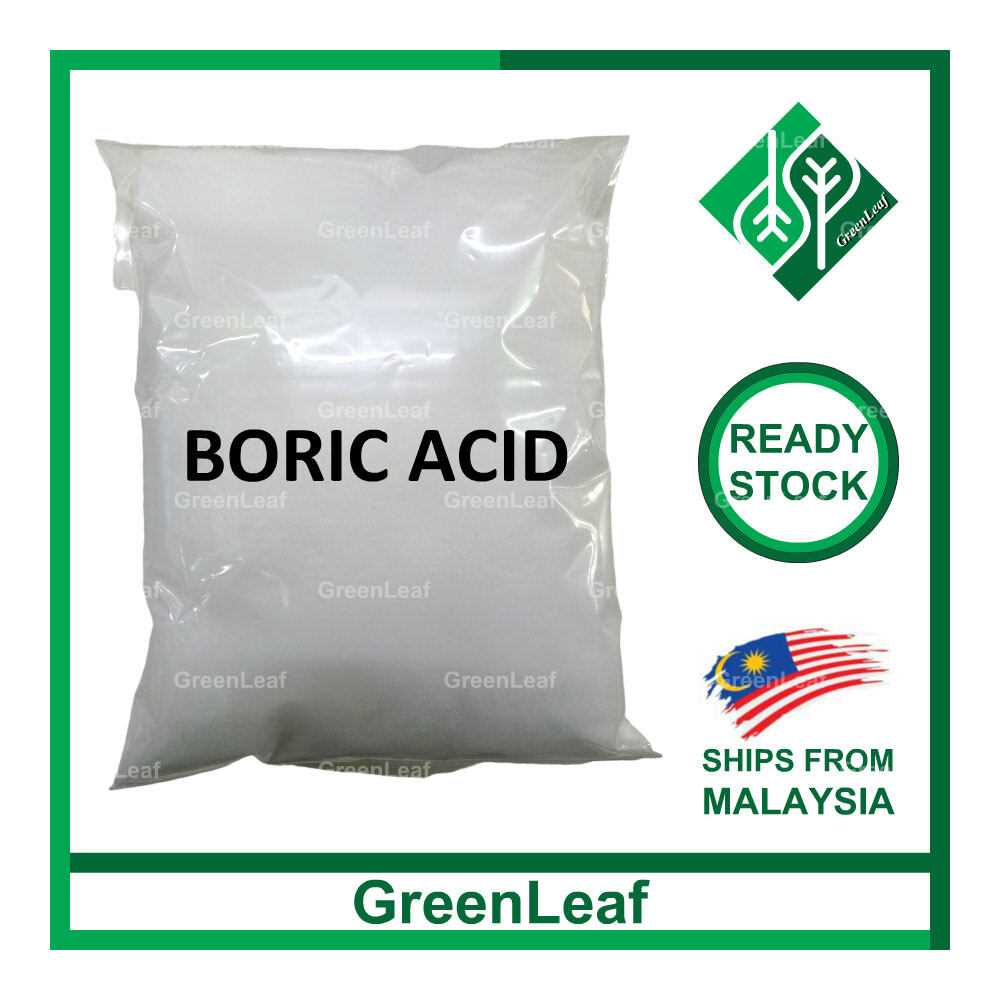
Compared to other fertilizers, boric acid is a cost-effective option for providing plants with boron. It is relatively inexpensive and often available in pure form, making it easy to measure and apply accurately. Additionally, only a small amount of boric acid is required to meet the boron needs of plants, further contributing to its cost-effectiveness.
In conclusion, the use of boric acid as a plant fertilizer offers several advantages that make it a beneficial choice for promoting plant health and growth. Its role as an essential nutrient, ability to improve flowering and fruit set, enhance disease resistance, nutrient mobility, and cost-effectiveness make it a valuable addition to any fertilization routine.
Improves Plant Growth
Boric acid is a valuable plant fertiliser that can greatly improve plant growth.
It provides essential nutrients to plants and helps them grow healthy and strong.
Here are some ways in which boric acid can improve plant growth:
- Nutrient absorption: Boric acid promotes the absorption of essential nutrients, such as nitrogen, phosphorus, and potassium, from the soil. These nutrients are crucial for plant growth and development.
- Root development: Boric acid stimulates root development by enhancing root cell division and elongation. This leads to a healthier and stronger root system, which in turn supports better overall plant growth.
- Flower and fruit production: Boric acid helps in the formation of flowers and fruits by improving pollination and fertilization processes. It also enhances the quality and quantity of the produced flowers and fruits.
- Disease resistance: Boric acid strengthens the plant’s immune system, making it more resistant to various diseases and infections. It helps the plant fight off harmful pathogens and maintains its overall health.
- Photosynthesis: Boric acid plays a crucial role in photosynthesis, which is the process through which plants convert sunlight into energy. It aids in the production of chlorophyll and facilitates the absorption of light, promoting better photosynthetic activity and increased plant growth.
- Overall plant health: By providing essential nutrients and supporting various physiological processes, boric acid improves the overall health and vitality of plants. It helps plants withstand environmental stresses and ensures their optimal growth and development.
In summary, the use of boric acid as a plant fertiliser can significantly improve plant growth by promoting nutrient absorption, stimulating root development, enhancing flower and fruit production, increasing disease resistance, aiding in photosynthesis, and overall improving plant health.
Enhances Nutrient Uptake
Boric acid is not only a source of boron for plants, but it also plays a crucial role in enhancing nutrient uptake. Boron acts as a catalyst in several metabolic processes within plants, which are essential for the uptake and assimilation of vital nutrients.
When boric acid is used as a plant fertiliser, it improves the efficiency of nutrient absorption by the roots. This is because boron facilitates the movement of other nutrients, particularly calcium and magnesium, across cell membranes and into the plants’ tissues.
The improved nutrient uptake leads to better overall plant health and growth. Plants that receive sufficient boron are better equipped to absorb and utilise essential nutrients, resulting in stronger root systems, healthier leaves, and increased tolerance to environmental stresses such as drought and disease.
Moreover, boron aids in the synthesis of nucleic acids and proteins, which are essential components for plant growth and development. It also plays a vital role in cell wall formation, pollen germination, and seed production.
| Benefits of Enhanced Nutrient Uptake: |
|---|
|
Boosts Overall Plant Health
Boric acid is an excellent source of the essential micronutrient boron, which plays a crucial role in promoting overall plant health. Adding boric acid to your plant’s fertilizer regimen can provide numerous benefits, including:
- Improved nutrient uptake: Boron helps improve the absorption and transportation of other vital nutrients within the plant. This increased efficiency in nutrient uptake can lead to healthier growth and development.
- Enhanced root development: Boron is particularly essential for root growth and development. It promotes root elongation, root branching, and ensures that the root system can effectively absorb water and nutrients from the soil.
- Strengthened cell walls: Boron plays a key role in the formation and strengthening of plant cell walls. It helps cross-link the pectin molecules in the cell walls, providing structural integrity and enhancing the plant’s resistance to pests, diseases, and environmental stresses.
- Increased flower and fruit production: Boron is especially important during flowering and fruiting stages. It aids in pollen germination, pollen tube growth, and fertilization, leading to better fruit set and increased seed production.
In addition to these direct benefits, boric acid can also help plants withstand adverse conditions such as drought, high temperatures, and low soil fertility. It acts as a natural stress reliever, enhancing the plant’s resilience and ability to cope with environmental challenges.
Overall, incorporating boric acid into your plant care routine can significantly boost the health and performance of your plants, resulting in more robust growth, improved yield, and better overall plant vitality.
Increases Flowering and Fruit Production
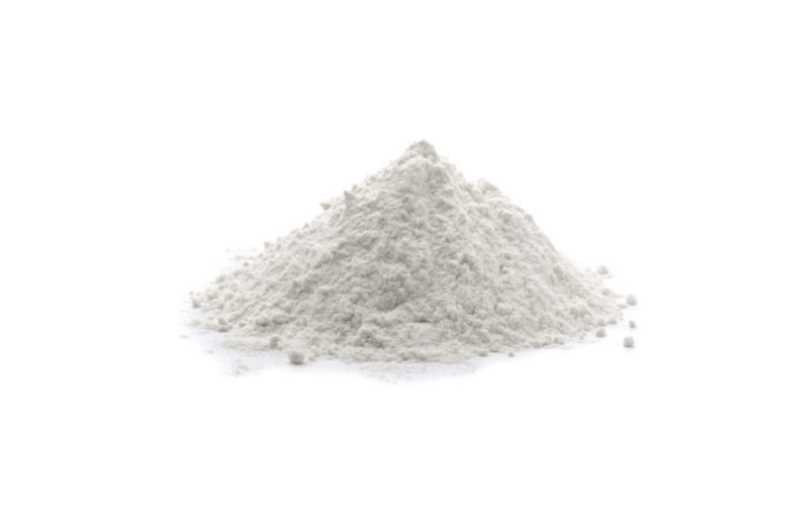
Boric acid has been shown to increase flowering and fruit production in plants. When applied as a fertiliser, boric acid helps the plant produce more flowers and fruits, leading to increased yields.
One of the reasons boric acid is beneficial for flowering and fruit production is its role in pollination. Boric acid helps improve pollination by attracting bees and other pollinators to the flowers. This increases the chances of successful pollination, resulting in more fruits being produced.
In addition to enhancing pollination, boric acid also plays a role in the formation and development of fruits. It aids in the transport of sugars within the plant, which is essential for fruit growth. By providing an adequate supply of boric acid, plants can produce larger and healthier fruits.
Furthermore, boric acid can improve the overall quality of the flowers and fruits. It enhances the color, texture, and flavor of the produce, making them more appealing to consumers. This can be especially important for crops that are grown for their aesthetic value or for sale in the market.
Overall, using boric acid as a plant fertiliser can significantly enhance flowering and fruit production. Its role in improving pollination, aiding in fruit formation, and enhancing quality makes it a valuable tool for gardeners and farmers.
Reduces Soil Acidity
One of the key benefits of using boric acid as a plant fertiliser is that it helps to reduce soil acidity. Soil acidity is a common problem for many gardeners, as it can lead to nutrient deficiencies in plants and hinder their growth.
Boric acid is a weak acid that can help neutralise the acidic pH of the soil. It acts as a pH buffer, helping to stabilise the pH levels and create a more suitable environment for plant growth. By reducing soil acidity, boric acid improves nutrient availability to the plants and allows them to absorb essential elements more effectively.
This is especially beneficial for acid-loving plants such as blueberries, tomatoes, and azaleas, which thrive in slightly acidic soil conditions. Adding boric acid to the soil can provide these plants with the optimal pH environment, promoting healthy growth and development.
In addition to improving nutrient uptake, the use of boric acid as a soil amendment can also enhance microbial activity in the soil. Soil microbes play a crucial role in nutrient cycling and the breakdown of organic matter, and their activity is often limited in acidic soils. By reducing soil acidity, boric acid promotes a more diverse and active microbial community, further benefiting plant health.
Overall, the ability of boric acid to reduce soil acidity makes it a valuable tool for gardeners and farmers looking to optimise plant growth and yield. By improving nutrient availability and promoting microbial activity, boric acid fosters a healthier soil environment that supports vibrant and productive plants.
Controls Pest Infestation
Boric acid is an effective solution for controlling pest infestation in plants. It acts as a natural insecticide, killing pests that can damage or destroy plants. Here are some ways boric acid can help control pest infestation:
- Ants: Boric acid is highly toxic to ants. By placing a mixture of boric acid and sugar near ant trails or entry points, the ants will be attracted to the bait and carry it back to their colony. The boric acid will then kill the ants, effectively eliminating the infestation.
- Cockroaches: Boric acid disrupts the digestive system of cockroaches, causing them to die. By applying boric acid in powder form in areas where roaches are commonly found, such as behind appliances or in crevices, it can control and reduce cockroach populations.
- Termites: Boric acid is toxic to termites and can be used as a preventive measure to protect plants and wooden structures from termite infestation. By treating the soil around plants or applying boric acid directly to wooden structures, it creates a barrier that termites cannot cross.
- Beetles: Boric acid can be used to control beetle infestations. By applying boric acid powder to the affected area or using it as a bait, beetles can be attracted and eliminated.
Boric acid is a safe and environmentally friendly option for pest control in plants. However, it is important to use it properly and in the right quantities to ensure effective pest control without harming the plants or the surrounding environment.
Minimizes Environmental Impact
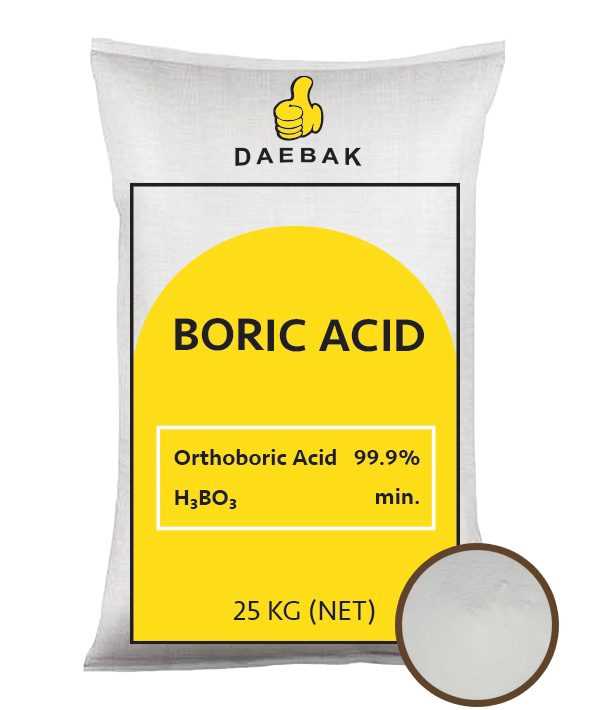
Boric acid is a sustainable and environmentally friendly choice as a plant fertiliser. One of the main reasons is that boric acid occurs naturally in the environment, making it a renewable resource. Unlike synthetic fertilisers that can be harmful to the environment, boric acid does not contribute to pollution or the depletion of natural resources.
In addition, using boric acid as a plant fertiliser minimizes the risk of groundwater contamination. Synthetic fertilisers often contain harmful chemicals that can leach into the soil and eventually reach groundwater sources. This pollution can have long-term negative effects on both the environment and human health. However, boric acid has a low risk of leaching and therefore poses a lower threat to groundwater quality.
Furthermore, boric acid has a low toxicity to plants, animals, and humans when used properly. This is another reason why it is a preferred choice for environmentally conscious gardeners and farmers. It can be safely used on both edible and ornamental plants without causing harm to beneficial insects, birds, or other wildlife that may come into contact with the treated plants.
Overall, the use of boric acid as a plant fertiliser helps to minimize the environmental impact of gardening and agriculture. Its natural occurrence, minimal risk of groundwater contamination, and low toxicity make it a sustainable and eco-friendly choice for promoting plant growth and health.
Cost-effective Solution
Boric acid is not only an effective plant fertilizer, but it is also a cost-effective solution for gardeners and farmers. Compared to other commercial fertilizers on the market, boric acid is relatively inexpensive and easily accessible.
One of the reasons why boric acid is cost-effective is because it has a long shelf life and does not degrade or lose its potency over time. This means that gardeners can buy boric acid in bulk and use it over an extended period without worrying about it going bad.
In addition, boric acid requires only minimal application to provide the necessary nutrients to plants. A small amount of boric acid mixed with water can go a long way in nourishing plants and improving their overall health. This means that gardeners do not need to use large quantities of boric acid, further reducing the cost of fertilizer application.
Furthermore, boric acid can help in reducing the need for other chemical fertilizers and pesticides. By supplying plants with the essential nutrients they need, boric acid can enhance their resistance to pests and diseases. This can lead to reduced reliance on expensive chemical solutions that can harm the environment.
In conclusion, boric acid is a cost-effective solution for plant fertilization. Its affordability, long shelf life, and minimal application requirements make it an ideal choice for gardeners and farmers looking for an economical and sustainable way to nourish their plants.
“Question-Answer”
What is boric acid?
Boric acid is a white crystalline powder that is derived from boron, a naturally occurring element in the earth’s crust.
How does boric acid work as a plant fertilizer?
Boric acid is a micronutrient that helps plants grow and develop properly. It aids in the uptake of other essential nutrients, regulates enzyme activity, and helps with cell division and protein synthesis.
What are the benefits of using boric acid as a plant fertilizer?
Using boric acid as a plant fertilizer can help improve plant growth, increase yields, and enhance the quality of fruits and vegetables. It also helps plants resist pests and diseases, improves root development, and promotes overall plant health.
Is boric acid safe to use as a plant fertilizer?
When used correctly, boric acid is safe to use as a plant fertilizer. However, it is important to follow the recommended dosage and application instructions, as excessive use may be harmful to plants. It is also advisable to wear gloves and protective clothing when handling boric acid.
Can boric acid be used on all types of plants?
Boric acid can be used on a wide range of plants, including vegetables, fruits, flowers, and even ornamental plants. However, it is always recommended to check the specific requirements of the plant species to ensure that boric acid is appropriate for use.
Can boric acid replace other fertilizers?
Boric acid can be used as a supplement to other fertilizers, but it is not a complete replacement. It provides specific benefits and helps address certain deficiencies in plants, but other essential nutrients may still be needed for optimal growth.
Where can I buy boric acid for use as a plant fertilizer?
Boric acid can be purchased at most garden supply stores, nurseries, or online retailers that specialize in gardening products. It is available in various forms, such as powder or granules, and is typically labeled for use as a plant fertilizer.
